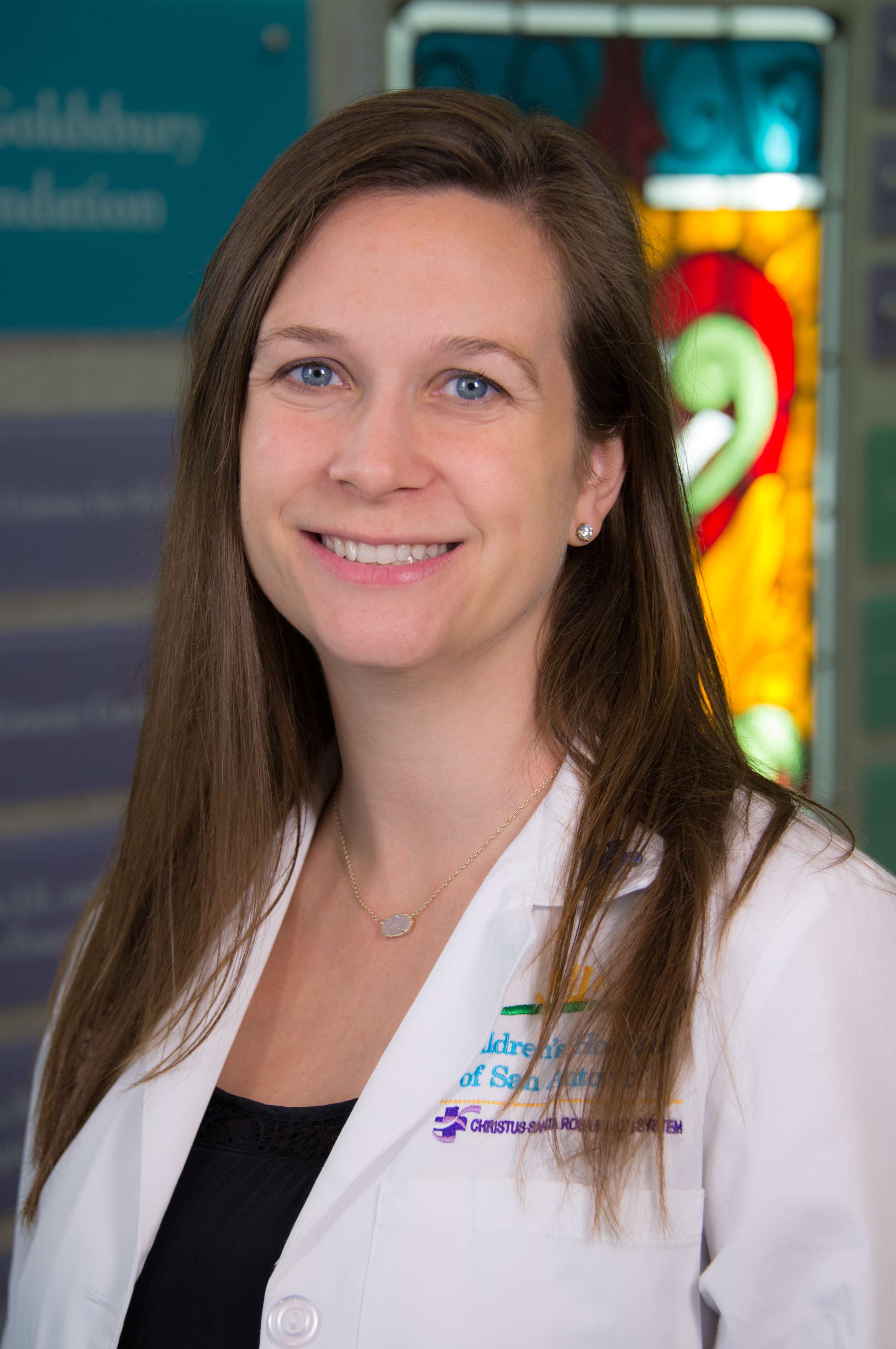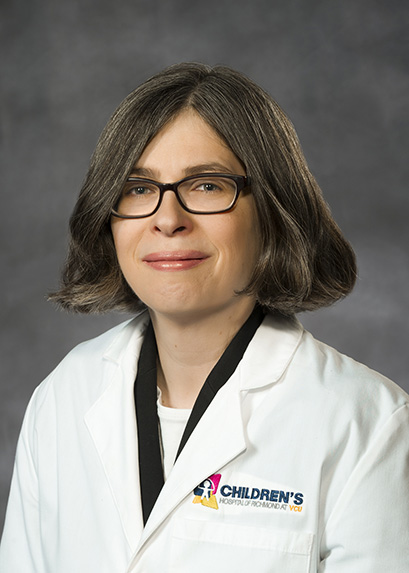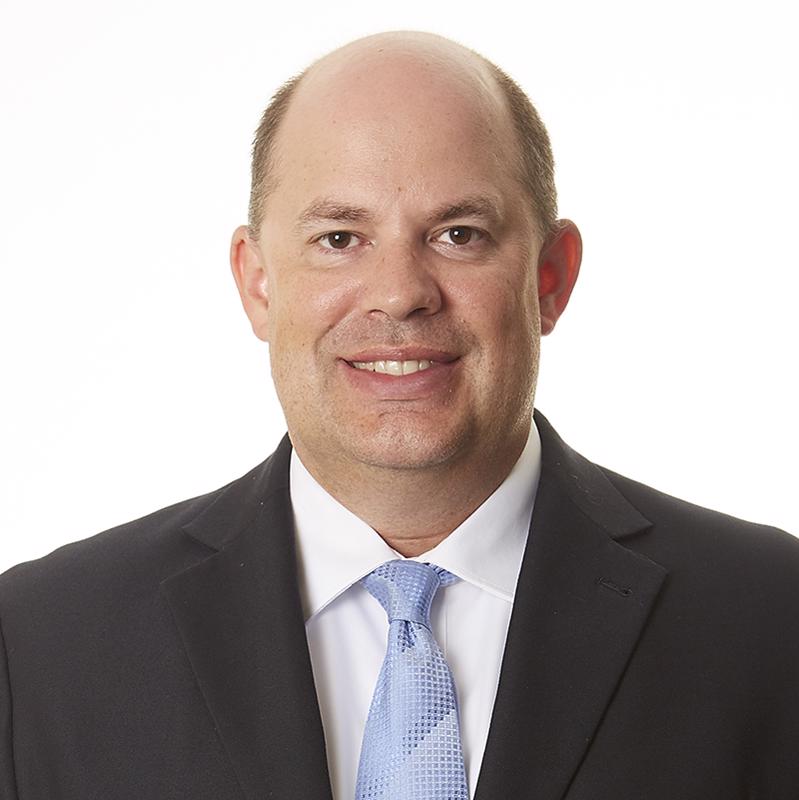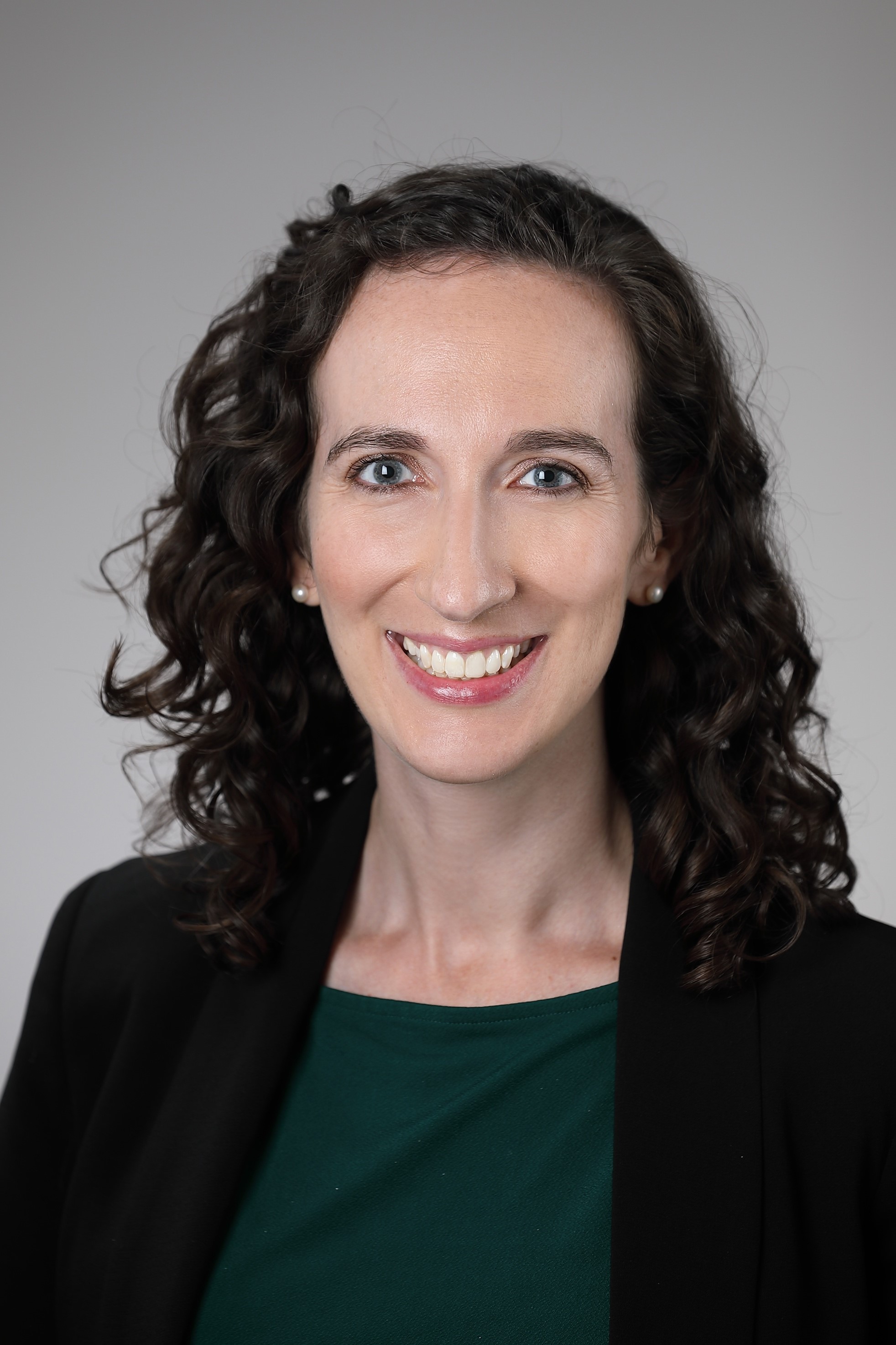Why I chose NDD...

Melissa Svoboda, MD
2015

Jennifer Accardo, MD, M.S.C.E.
2006

Keith A. Coffman, MD
2007

Eliza Gordon-Lipkin, MD
2018
Training: Oregon Health and Science University
I chose NDD because I loved developmental peds, but wanted the neurological background to round out how I think about a child’s development. I also love that I can treat general neurological conditions, such as seizures, but also address the often overlooked comorbidities of learning and behavior struggles. I feel I can treat the whole child’s neurodevelopment in a more complete way – whether I’m wearing my developmental hat, or my neurologist hat. I did not know this at the time I picked NDD, but in the ever-changing world of hospital systems and reimbursement, the added benefit of being a neurologist allows me to collect more “credit” to support the days when I’m acting as a developmentalist. This has definitely made me more marketable in my job search.
Current position:
Assistant Professor
CHSA Pedi-Neurology
Baylor College of Medicine
San Antonio, TX US
Training: Kennedy Krieger Institute
I was one of the first trainees to complete the Neurodevelopmental Disabilities fellowship. Sometimes I’ve explained it as a clinical neuroscience fellowship—not only immersion in constant practical applications but also incredible learning about the basic science underpinnings. I work in clinical developmental pediatrics, and still use the questions, approaches, and philosophies that I learned during NDD training daily.
Something else I appreciate about NDD is the variety of different directions that graduates tackle. In some ways, my career right now fits a classic model of developmental pediatrics: diagnosis and treatment of children with neurodevelopmental disabilities, especially autism and ADHD. However, I also completed a fellowship in sleep medicine, and while that perspective informs my practice, my NDD training also changed how I approached sleep medicine. Other Neurodevelopmentally trained colleagues have gone into electrophysiology, neuromuscular disorders, and even neurocritical care. As a subspecialty, NDD gives trainees a lot of flexibility to explore different directions both during and after training and develop expertise.
This is a training that instills leadership, and encouraged me to look beyond my goals to the needs of the field as a whole. Going into NDD is joining a committed group of people working towards better care and understanding of children and adults with disabilities. The specialty’s focus on interdisciplinary practice also translates into a setting in which people respect and collaborate with trainees—as became clear to me when I went into a fellowship elsewhere.
In the age of physician burnout, working with children and families is still satisfying. I am grateful to have had the opportunity to train in NDD—and hope for more young people to join our field and move it forward into the future.
Current position:
Assistant Professor in the Department of Pediatrics
Division of Child Development
Virginia Commonwealth University
Training: UPMC Children’s Hospital of Pittsburgh
I chose to pursue my training in NDD as soon as it became an option for me. I entered medical school planning to become a child and adolescent psychiatrist, but opportunities in neuroscience were limited. Also, child neurology was not broad enough for me as a field to meet my needs in the realm of neuropsychiatric and movement disorders.
Throughout my NDD training, I was able to explore all of my interests and learn from a wide variety of experts including neurosurgeons, physiatrists, psychiatrists, developmental and behavioral pediatricians, as well as child neurologists. Most importantly, during my training I was able to also gain knowledge and skills from physical, occupational, and speech therapists who are integral parts of the care team for my complicated patients.
I have now been in practice for over 10 years. Every single day I use the skills and knowledge that I gained during my NDD training to treat my patients. The comprehensive care model that is at the core of the NDD mindset enables me to provide care to incredibly complex movement disorders patients whose needs cross many subspecialties. Additionally, as a result of my NDD training, I am able to work with colleagues in four different multispecialty programs at Children’s Mercy Hospital.
Current position:
Director, Tourette Syndrome Center of Excellence
Director, Movement Disorders Clinic
Associate Professor of Pediatrics
Children’s Mercy Kansas City
Kansas City, MO
Training: Kennedy Krieger Institute
I have had an interest in neuroscience and the “mysteries of the human brain” since I was a kid. When I entered medical school, I knew that I wanted to dedicate my medical career to caring for people with neurological disorders. During my time in pediatrics, I realized that treating children with neurological disorders was the right path for me. I also realized that melding clinical care and clinical research was not only rewarding for me, but important to the progress of medicine. Although I had no exposure to NDD as a subspecialty during medical school, my mentors (including my father) pointed me toward it during my application for residency. Ultimately, NDD was the best fit for me. I chose NDD because the training would provide me with a multidisciplinary approach to understanding and treating children with neurological disorders, all through the lens of a changing, developing brain. My NDD training did just that and I entered my early career with a strong background not only in neuroscience and child development, but genetics, neuropsychology, rehab medicine and psychiatry. Currently, my career focuses on applying those concepts as I work with patients and on clinical research to understand the relationship between infections, the immune system and neurogenetic disorders.
Current position:
Child Neurologist
The National Institutes of Health
National Human Genome Research Institute
Metabolism Infection and Immunity Section
Trained at ***
Bio-5
Melissa Svoboda, MD
Training: Oregon Health and Science University, 2015
I chose NDD because I loved developmental peds, but wanted the neurological background to round out how I think about a child’s development. I also love that I can treat general neurological conditions, such as seizures, but also address the often overlooked comorbidities of learning and behavior struggles. I feel I can treat the whole child’s neurodevelopment in a more complete way – whether I’m wearing my developmental hat, or my neurologist hat. I did not know this at the time I picked NDD, but in the ever-changing world of hospital systems and reimbursement, the added benefit of being a neurologist allows me to collect more “credit” to support the days when I’m acting as a developmentalist. This has definitely made me more marketable in my job search.
Current position:
Assistant Professor
CHSA Pedi-Neurology
Baylor College of Medicine
San Antonio, TX US

Jennifer Accardo, MD, M.S.C.E.
Training: Kennedy Krieger Institute, 2006
I was one of the first trainees to complete the Neurodevelopmental Disabilities fellowship. Sometimes I’ve explained it as a clinical neuroscience fellowship—not only immersion in constant practical applications but also incredible learning about the basic science underpinnings. I work in clinical developmental pediatrics, and still use the questions, approaches, and philosophies that I learned during NDD training daily.
Something else I appreciate about NDD is the variety of different directions that graduates tackle. In some ways, my career right now fits a classic model of developmental pediatrics: diagnosis and treatment of children with neurodevelopmental disabilities, especially autism and ADHD. However, I also completed a fellowship in sleep medicine, and while that perspective informs my practice, my NDD training also changed how I approached sleep medicine. Other Neurodevelopmentally trained colleagues have gone into electrophysiology, neuromuscular disorders, and even neurocritical care. As a subspecialty, NDD gives trainees a lot of flexibility to explore different directions both during and after training and develop expertise.
This is a training that instills leadership, and encouraged me to look beyond my goals to the needs of the field as a whole. Going into NDD is joining a committed group of people working towards better care and understanding of children and adults with disabilities. The specialty’s focus on interdisciplinary practice also translates into a setting in which people respect and collaborate with trainees—as became clear to me when I went into a fellowship elsewhere.
In the age of physician burnout, working with children and families is still satisfying. I am grateful to have had the opportunity to train in NDD—and hope for more young people to join our field and move it forward into the future.
Current position:
Assistant Professor in the Department of Pediatrics
Division of Child Development
Virginia Commonwealth University

Keith A. Coffman, MD
Training: UPMC Children’s Hospital of Pittsburgh, 2007
I chose to pursue my training in NDD as soon as it became an option for me. I entered medical school planning to become a child and adolescent psychiatrist, but opportunities in neuroscience were limited. Also, child neurology was not broad enough for me as a field to meet my needs in the realm of neuropsychiatric and movement disorders.
Throughout my NDD training, I was able to explore all of my interests and learn from a wide variety of experts including neurosurgeons, physiatrists, psychiatrists, developmental and behavioral pediatricians, as well as child neurologists. Most importantly, during my training I was able to also gain knowledge and skills from physical, occupational, and speech therapists who are integral parts of the care team for my complicated patients.
I have now been in practice for over 10 years. Every single day I use the skills and knowledge that I gained during my NDD training to treat my patients. The comprehensive care model that is at the core of the NDD mindset enables me to provide care to incredibly complex movement disorders patients whose needs cross many subspecialties. Additionally, as a result of my NDD training, I am able to work with colleagues in four different multispecialty programs at Children’s Mercy Hospital.
Current position:
Director, Tourette Syndrome Center of Excellence
Director, Movement Disorders Clinic
Associate Professor of Pediatrics
Children’s Mercy Kansas City
Kansas City, MO

Eliza Gordon-Lipkin, MD
Training: Kennedy Krieger Institute, 2018
I have had an interest in neuroscience and the “mysteries of the human brain” since I was a kid. When I entered medical school, I knew that I wanted to dedicate my medical career to caring for people with neurological disorders. During my time in pediatrics, I realized that treating children with neurological disorders was the right path for me. I also realized that melding clinical care and clinical research was not only rewarding for me, but important to the progress of medicine. Although I had no exposure to NDD as a subspecialty during medical school, my mentors (including my father) pointed me toward it during my application for residency. Ultimately, NDD was the best fit for me. I chose NDD because the training would provide me with a multidisciplinary approach to understanding and treating children with neurological disorders, all through the lens of a changing, developing brain. My NDD training did just that and I entered my early career with a strong background not only in neuroscience and child development, but genetics, neuropsychology, rehab medicine and psychiatry. Currently, my career focuses on applying those concepts as I work with patients and on clinical research to understand the relationship between infections, the immune system and neurogenetic disorders.
Current position:
Child Neurologist
The National Institutes of Health
National Human Genome Research Institute
Metabolism Infection and Immunity Section
Life After Training
The breadth of NDD training & triple board certification has allowed NDD physicians to work in academic centers with clinical, teaching, and research opportunities.
NDD physicians are parts of:
- A separate NDD division
- A child neurology division
- A division of developmental & behavioral pediatrics
- Rehabilitation medicine programs or school based settings
- Governmental organizations
- Private practice (in which developmental assessment skills are highly prized)